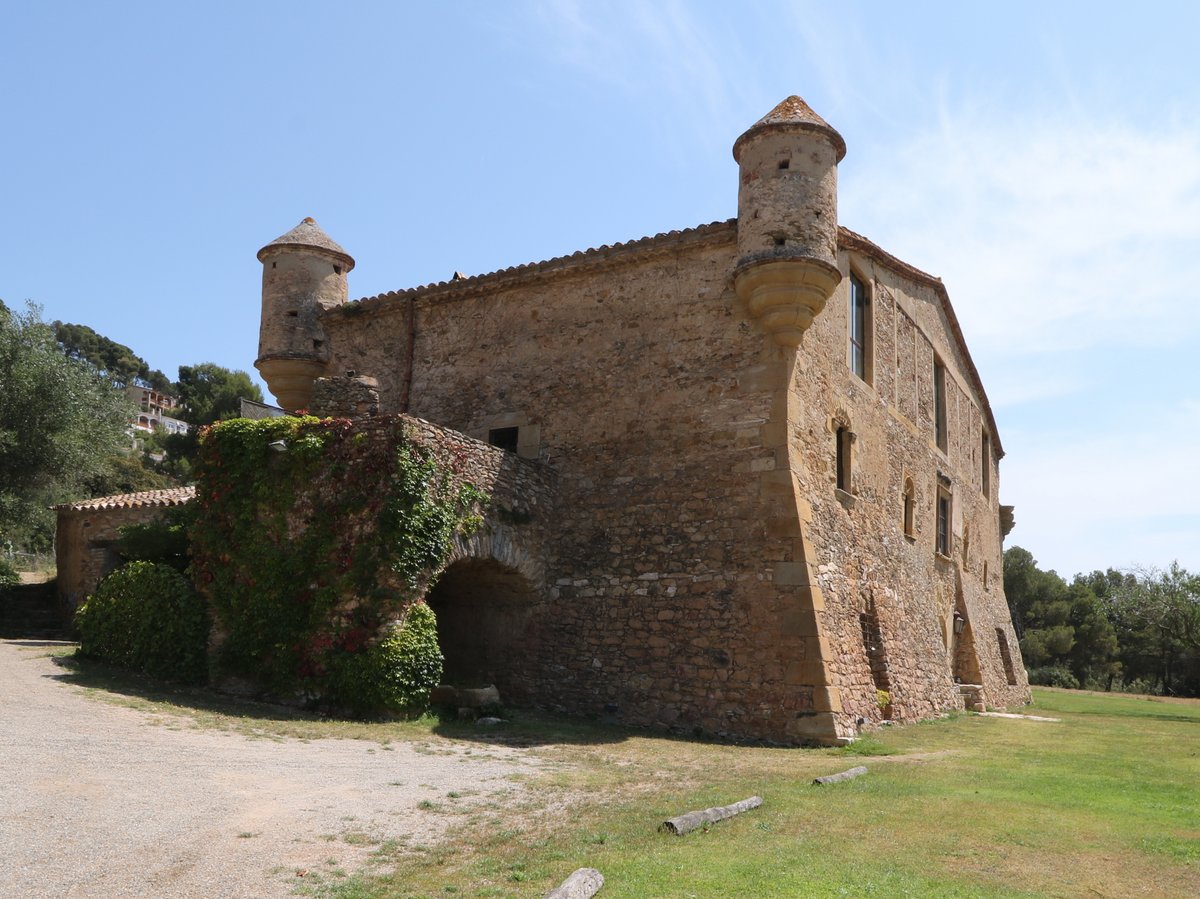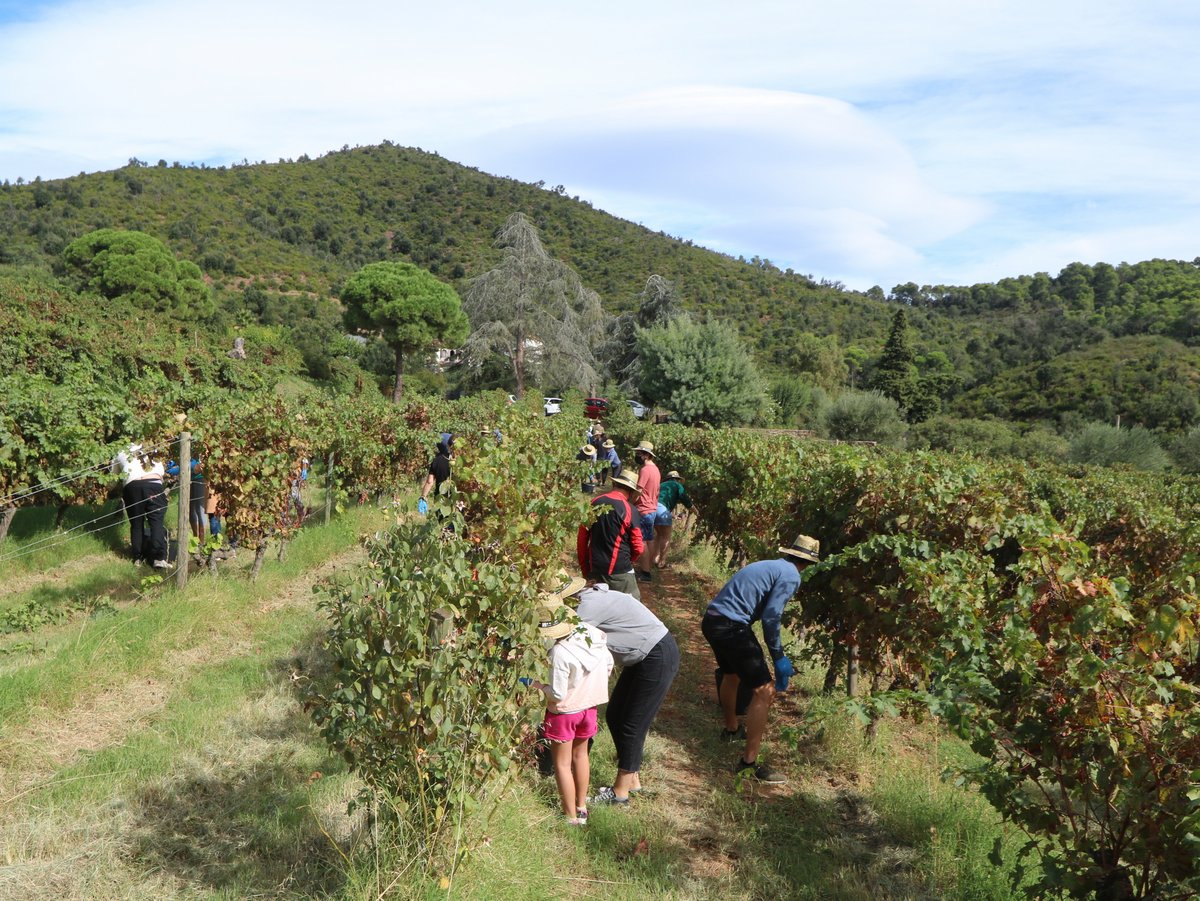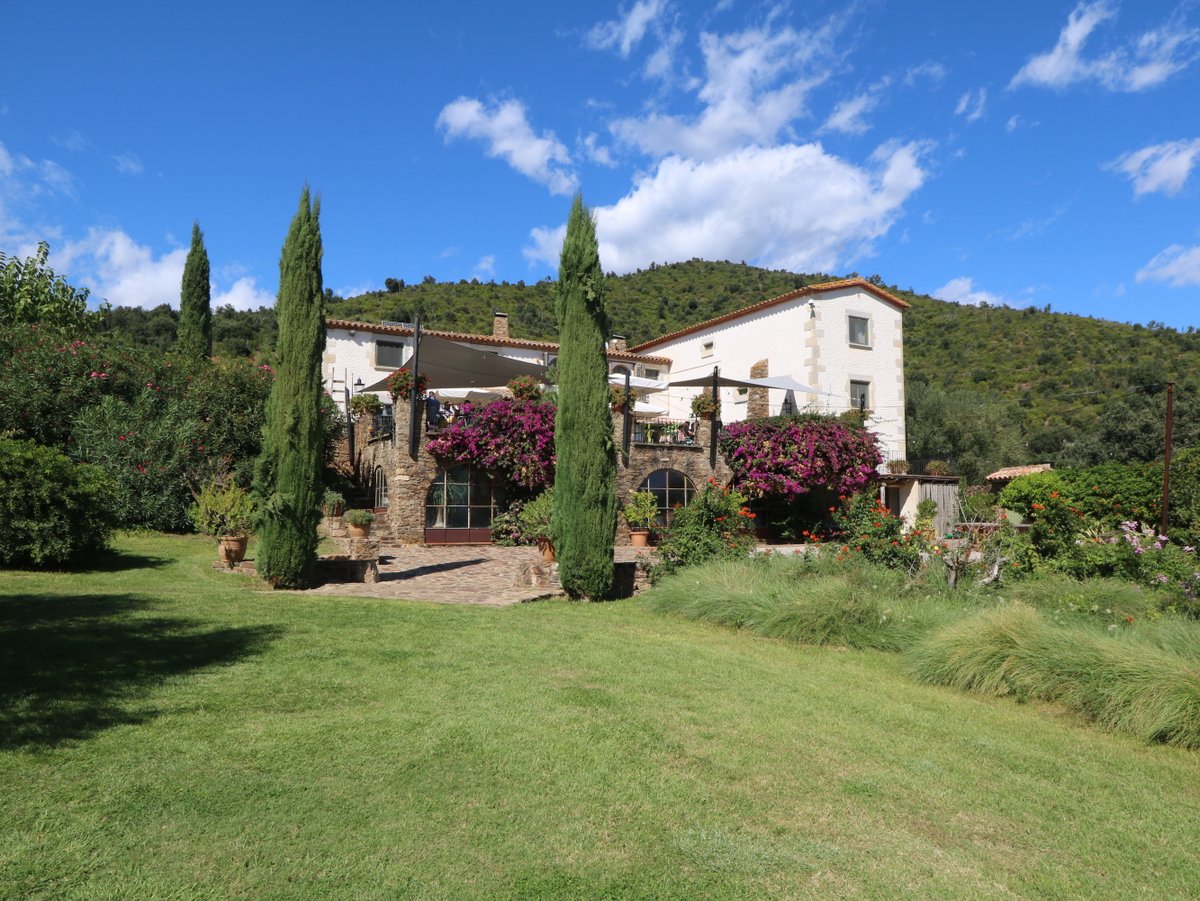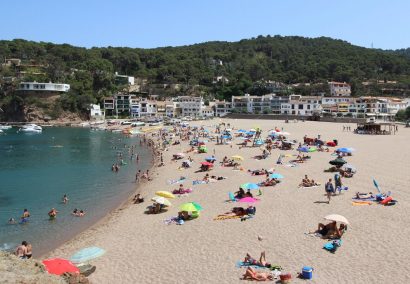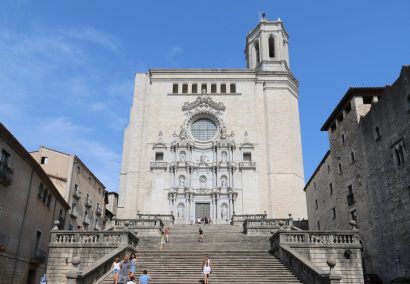Rural tourism is travel that prioritizes nature and places with low population density, according to the World Tourism Organization (UNWTO). In rural tourism destinations, most locals are engaged in agriculture and retain a mostly traditional rural way of life. The terms agritourism and eco-tourism have a similar meaning but provide more nuance: the former is a type of rural tourism where visitors are actively involved in the farming or ranching process, while the latter hints more at the care with which one should approach and appreciate travel—to do no harm and leave no impact.
In the province of Girona and on the Costa Brava, rural tourism is popular year-round. Weekend nature trips are a popular family activity in Catalonia. The accommodation booked for the duration varies widely, from tents on a camping site, an apartment in a small town, to a room in a masia, a rural agricultural estate. The latter option is the most conducive to feeling like an engaged agritourist as it likely involves sharing the house and table with the farm owners, participating in a guided farm tour, possibly even feeding cows and horses, and seeing the tools of the trade in action.
These aspects of the rural way of life come with all the modern amenities of plumbing, high-speed Internet, and a swimming pool right outside. To learn more about farming and agriculture in Catalonia of the old times, your best bet is a museum, such as Museu de les aixetes (Capmany) or Museu Rural (Palau-sator).
The map of rural tourism hotels and agrotourism accommodations in the Costa Brava
